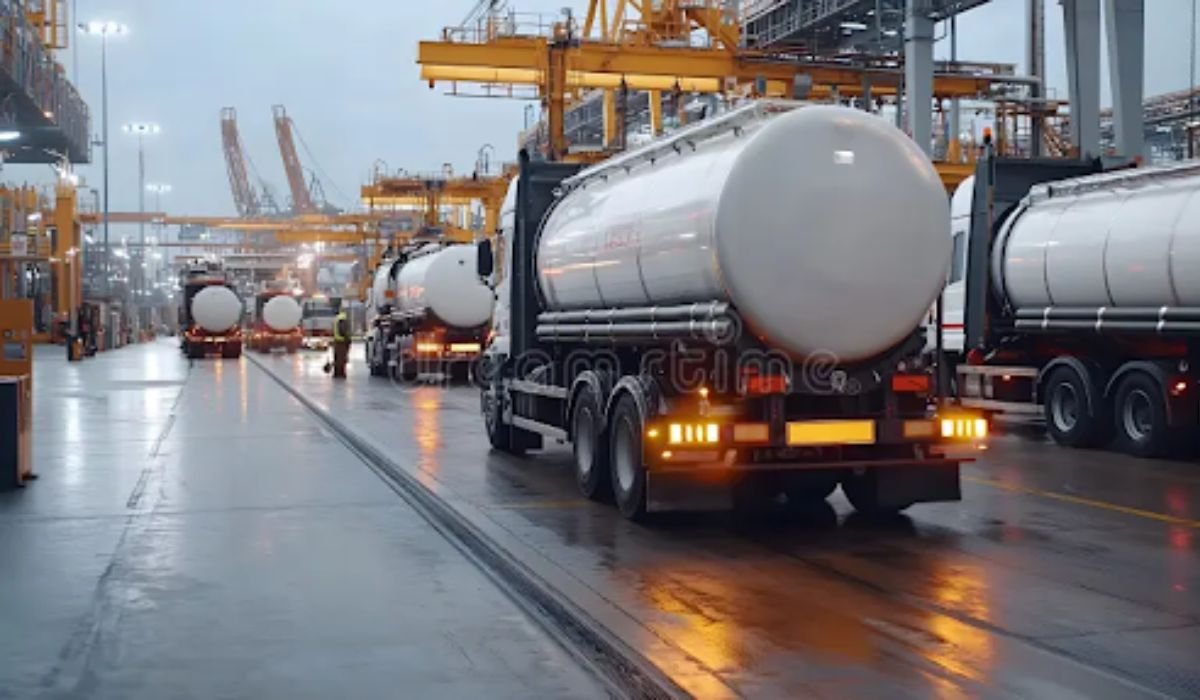In today’s world, the logistics industry is crucial in ensuring that businesses and consumers receive goods and services efficiently and on time. A key player in this industry is the fuel distribution company, which forms the backbone of operations for countless sectors. These companies facilitate the smooth operation of transport networks by ensuring that fuel is available where and when it is needed.
What is a Fuel Distribution Company?
A fuel distribution company is an entity involved in the supply and logistics of fuel across various regions and industries. These companies manage the transportation of fuel from refineries to depots and ultimately to end customers, which include households, businesses, and government bodies. Their role is crucial in maintaining the supply chain of energy resources that power industries and daily life.
Importance in the Logistics Industry
Fuel distribution companies are a fundamental part of the logistics sector due to their responsibility for fueling transportation vehicles such as trucks, ships, and airplanes. Without a reliable fuel supply, the logistics industry would come to a halt, affecting everything from grocery supply chains to international shipping lanes.
Impact on Supply Chain Management
Their strategic role ensures that transportation is adequately supported, minimizing delays and maintaining efficiency in supply chains. This reliability is crucial for companies aiming to optimise their supply chain management and logistics operations.
The Mechanics of Fuel Distribution
These companies operate with a complex network of infrastructure, including pipelines, terminals, and storage facilities. By maintaining this infrastructure, they oversee the seamless transition of fuel through various nodes until it reaches the consumer.
Technological Integration
In recent years, technological advancements have significantly enhanced the efficiency and safety of fuel distribution. This includes the implementation of GPS tracking for transport vehicles, automated fuel management systems, and advanced logistics software to predict and manage fuel demand effectively.
Challenges Faced by Fuel Distribution Companies
Despite their importance, these companies face a number of challenges. Fluctuating fuel prices, regulatory compliance, and environmental concerns are among the most prominent issues. Navigating these challenges requires constant innovation and adaptation to changing market and regulatory conditions.
Regulatory Challenges
The industry is governed by strict regulations aimed at ensuring safety and environmental protection. Compliance with these regulations necessitates that companies invest in updated equipment and staff training to maintain adherence to stringent standards.
Environmental Impact
Fuel distribution companies are also under pressure to reduce their environmental footprint. This involves developing cleaner fuel options and improving the energy efficiency of their operations to meet regulatory standards and societal expectations.
ALSO READ: Building a Tough Ute Setup for Harsh Conditions
Future Trends in Fuel Distribution
Looking to the future, the fuel distribution industry is poised for significant transformation. With the global pivot towards sustainable energy sources, these companies are expected to diversify their portfolios to include alternative fuels such as biofuels and hydrogen.
Adapting to Sustainable Practices
Fuel distributors are increasingly investing in research and development to identify sustainable practices and products that can serve emerging markets. This includes collaborating with government bodies, research institutions, and other stakeholders to pioneer new solutions for energy distribution.
The Economic Impact of Fuel Distribution
The fuel distribution industry is a vital contributor to the global economy. By facilitating the transport of goods and services, it supports industrial growth and consumer markets worldwide. The industry also provides employment and drives innovations that contribute to economic development.
Supporting Local Economies
Many fuel distribution companies directly invest in the communities they serve, providing jobs and supporting local businesses. These efforts enhance economic resilience and stimulate growth, especially in regions where the energy sector is a major driver of economic activity.
Conclusion
Fuel distribution companies play a pivotal role in maintaining the resilience and efficiency of the logistics industry. As they adapt to new challenges and embrace sustainable practices, they will continue to be indispensable to modern economies. Organisations like ROC exemplify the qualities of a reliable provider in this field, ensuring high-quality products and service delivery.
YOU MAY ALSO LIKE: Exploring the Benefits of Aluminium Canopies for Your Vehicle

